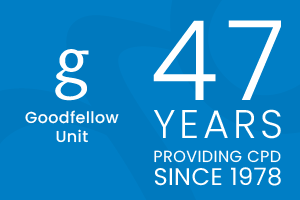Video
Checking patients' ejection fraction is important; if <40%, your patient has a reduced ejection fraction.
This means four medications can be used:
- Should they all be titrated to maximum doses?
- Is it important to reduce loop diuretics to the lowest dose?
- Should we be monitoring natriuretic peptide?
- What medications reduce symptoms versus increase life expectancy?
- All patients with CHF have a high CVD risk so what do we need to do to reduce these risk factors in terms of blood pressure, anti-platelet agents, anti-coagulation, blood glucose management and lipid-lowering?
- For reduced and preserved ejection fraction do they all need/get SGLT2 inhibitors?
Gerry Devlin will address these and other issues.
As always, we will answer as many questions as possible during this session.
Presenter

Gerry Devlin
MB BCh BAO BA MD FRACP FCSANZ FESC
Gerry is the current Medical Director of the Heart Foundation and the Clinical leader of the New Zealand cardiac network. He is an Honorary Associate Professor at the University of Auckland.
Gerry is an experienced general cardiologist, with a special interest in the prevention and management of coronary artery disease, hypertension and heart failure. He is a graduate of Trinity College Dublin Ireland and moved to New Zealand in 1988.
Gerry became a Fellow of the European Society of Cardiology in 2012 and completed an MD thesis with the University of Auckland in 2013. Gerry is a busy clinical researcher with over 90 publications. Research interests include acute coronary syndromes, heart failure and systems of care.


